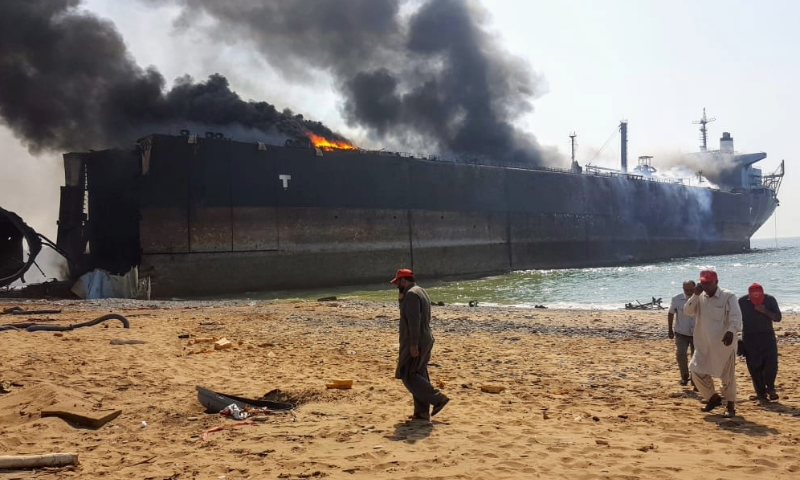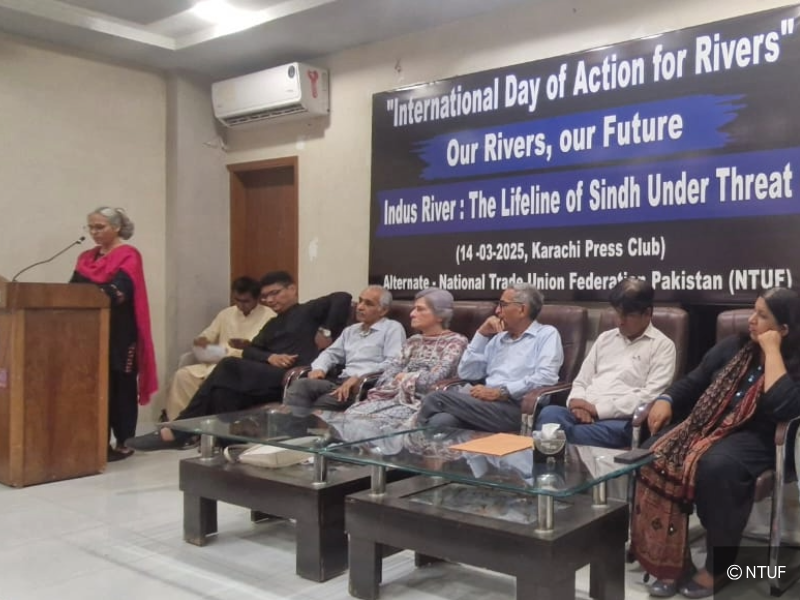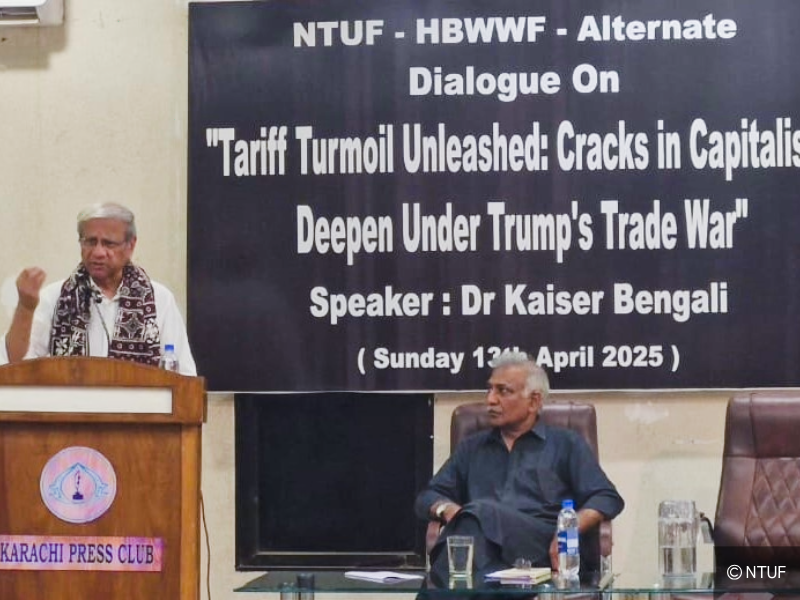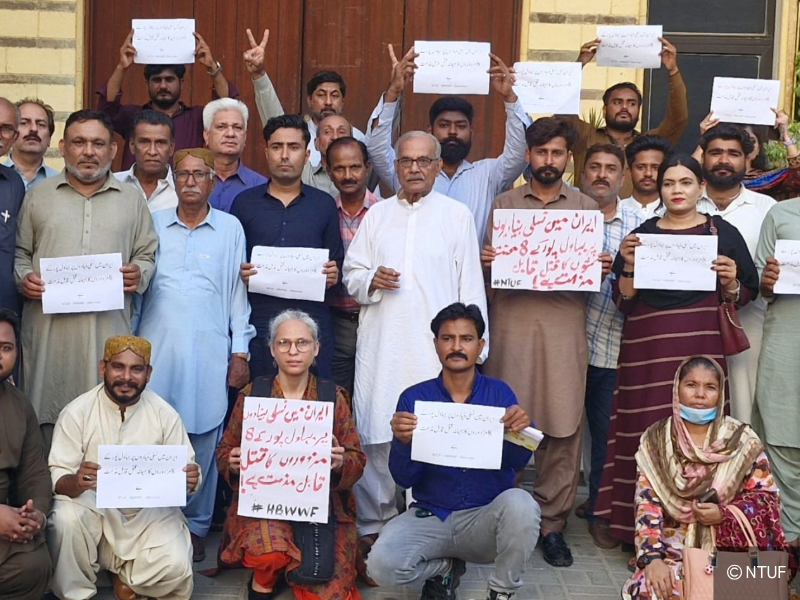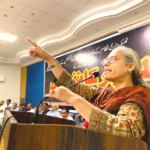
Labor Conference Condemn Sindh Government’s Inaction on Minimum Wage
September 22, 2024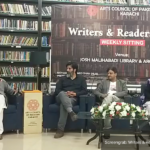
The Rise and Fall of Trade Unions – an analysis
January 2, 2025KARACHI ─ On the eighth anniversary of the tragic Gadani shipbreaking disaster, the Gadani Ship Breaking Workers Union (GSBWU) and the National Trade Union Federation (NTUF) convened a press conference at the Karachi Press Club to address critical issues facing workers in the shipbreaking industry and to demand urgent safety reforms.
On 1 November 2016, a catastrophic explosion ripped through the decommissioned oil tanker ACES during dismantling at a shipbreaking yard in Gadani, resulting in the deaths of 29 workers, with four bodies still unaccounted for and 54 others injured. This incident remains one of the deadliest industrial accidents in Pakistan’s maritime history, underscoring the urgent need for improved safety standards in an industry where the fatality rate is alarmingly high compared to regional counterparts, including Bangladesh and India.
Bashir Mehmoodani (GSBWU president), Rafiq Baloch (NTUF president), Nasir Mansoor (NTUF general secretary), Asad Iqbal Butt (Human Rights Commission of Pakistan chairperson), Habibuddin Junaidi (Peoples Labour Bureau Sindh leader), Zehra Khan (Home-Based Women Workers Federation general secretary) and Saeed Baloch (Pakistan Fisherfolk Forum leader) addressed the press conference. They reiterated their commitment to advocating for safer working conditions and fair compensation for all workers in the shipbreaking industry. They urge both government officials and industry stakeholders to take immediate action to address these critical issues.
Nasir Mansoor stated that the Aces fire raged for three days, highlighting the government’s inefficiency in dealing with such disasters. He added that in 2016, a record number of ships—141—were dismantled in Gadani, but due to a lack of safety standards and support, the industry has been in decline. He mentioned that the smuggling of iron from Iran is also a problem negatively impacting the shipbreaking industry. According to economic forecasts, he said, shipbreaking is expected to become a booming industry by 2030, and Pakistan can benefit from its 37 percent share in this global industry, provided that safety measures are implemented.
Habibuddin Junaidi remarked that both federal and provincial governments have shown sheer indifference by not paying attention to the struggles of the Gadani shipbreaking workers. He added that instead of protecting its people, the state is involved in power games, which are proving detrimental to the country.
Asad Butt explained that the incident occurred due to a lack of safety measures. He noted that work on the Aces ship began without gas extraction. He added that funds are spent on the industry but not on laborers, which leads to loss of life. He stated that the public and industries pay hefty taxes, yet they do not receive government support when needed.
Rafiq Baloch mentioned that a shipbreaking draft has been pending with the Balochistan Assembly for the past four years, but no government has addressed it. He demanded that victims be given pensions and social security benefits.
Bashir Mehmoodani pointed out that from 2009 to 2016, many incidents occurred; complaints were made, but in vain. He added that currently, only two yards are operational. He noted that high fuel prices and a rising dollar make it difficult to run a business.
Zehra Khan questioned how invested political parties are in Balochistan’s economy. She emphasized that laws must exist and be enforced. She also stated that wages for laborers have risen and that the pay for skilled workers should be revised.

